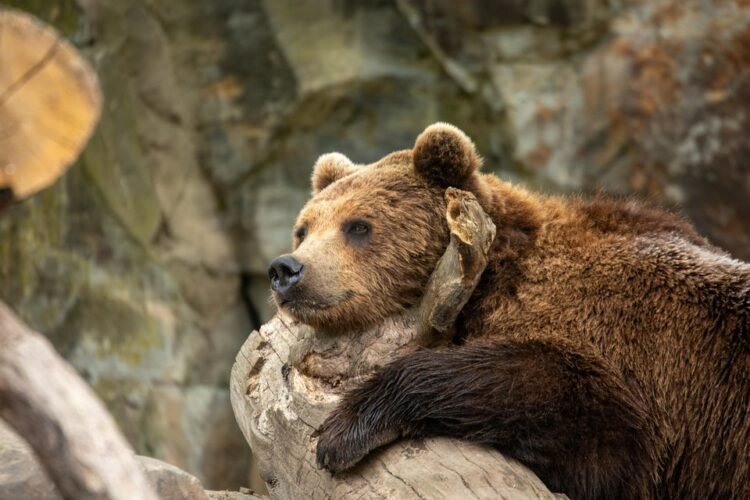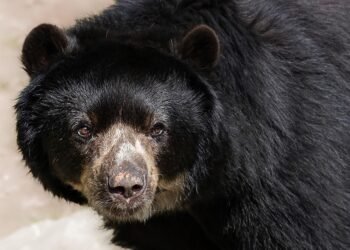Surviving the Wild: Essential Animal Encounter Tips for Adventure Seekers
When venturing into the wild, encountering animals is an inevitable part of the adventure. Whether you’re hiking through the mountains, camping in the forest, or exploring a national park, it’s important to be prepared for potential animal encounters. In this guide, we’ll provide you with essential tips on how to stay safe and respectful when interacting with wildlife.
Know Before You Go
Before embarking on your wilderness adventure, it’s crucial to research the types of animals that inhabit the area you’ll be exploring. Different regions are home to different wildlife, and understanding their behaviors and habitats can help you avoid dangerous encounters. Familiarize yourself with local wildlife regulations and guidelines to ensure you’re following the proper protocols.
Respect Wildlife from a Distance
When encountering animals in the wild, it’s important to maintain a safe distance and observe them from afar. Approach slowly and quietly, and never attempt to touch or feed wild animals. Remember, they are not domesticated pets and may react unpredictably if they feel threatened. Respect their space and allow them to go about their natural behaviors undisturbed.
Stay Calm and Avoid Sudden Movements
If you find yourself face-to-face with a wild animal, it’s crucial to remain calm and avoid making any sudden movements. Sudden movements can startle the animal and trigger a defensive response. Instead, back away slowly and give the animal a clear path to escape. Maintain eye contact without staring directly into their eyes, as this can be perceived as a threat.
Carry Bear Spray or Pepper Spray
When venturing into bear country or other areas with potentially dangerous wildlife, it’s wise to carry bear spray or pepper spray as a precautionary measure. These non-lethal deterrents can be effective in deterring aggressive animals and giving you the opportunity to safely retreat. Be sure to familiarize yourself with how to use the spray properly before heading out into the wild.
Store Food Properly
Proper food storage is essential when camping or hiking in bear country. Bears have a keen sense of smell and are attracted to food odors. Store your food in airtight containers or bear-proof canisters, and never keep food in or near your tent. Dispose of food scraps in designated trash receptacles to avoid attracting wildlife to your campsite.
Make Noise While Hiking
When hiking in areas known for bear or cougar activity, it’s a good idea to make noise to alert wildlife of your presence. Clap your hands, talk loudly, or sing a song to make your presence known and avoid surprising animals. This can help prevent accidental encounters and give wildlife the chance to move away from your path.
Be Prepared for Emergency Situations
Despite taking precautions, unexpected wildlife encounters can still occur. It’s important to be prepared for emergency situations and know how to react if you encounter a dangerous animal. Carry a first aid kit, a whistle, and a fully charged cell phone for emergencies. Familiarize yourself with local emergency contact numbers and know how to signal for help if needed.
Respect Protected Areas and Wildlife Sanctuaries
When exploring protected areas and wildlife sanctuaries, it’s important to respect the rules and regulations put in place to protect the native wildlife. Stay on designated trails, refrain from littering, and avoid disturbing nesting sites or habitats. By following these guidelines, you can help preserve the natural beauty of these areas for future generations to enjoy.
Conclusion
Encountering animals in the wild can be a thrilling and rewarding experience for adventure seekers. By following these essential tips, you can stay safe and respectful when interacting with wildlife. Remember to research the local wildlife, maintain a safe distance, stay calm in the presence of animals, and be prepared for emergency situations. With proper preparation and awareness, you can enjoy the wonders of the natural world while minimizing risks and ensuring the safety of both yourself and the wildlife around you.







